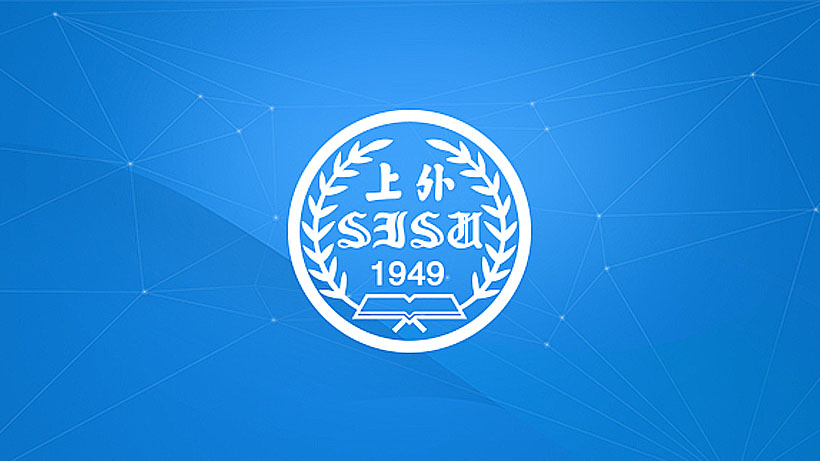
The neoliberal economic order drives many of the changes now taking place in Europe, a continent of enormous cultural, linguistic, and social variety. The increasingly porous national boundaries within the EU are confronting various forms of populism and nationalism, with the emergence of new and sometimes violent configurations of regional and national identity. Under new pressures created by the increasing influx of migrants and the insecurity (“precarity”) created by rapid demographic and economic change, old assumptions are giving way to new uncertainties and an increasingly volatile socio-political environment, while consumerism and industrial exploitation threaten the physical environment. In this workshop, we will examine these processes from the perspective of ordinary social actors as revealed in a rich array of ethnographic studies, replacing “top-down” perspectives with an understanding of how these processes affect everyday life and how, reciprocally, such an understanding can also shed light on new cultural configurations and values. We will also explore the status and significance of such regional categories as “European Studies,” “the Balkans,” and “Mediterranean culture,” and will discuss both their utility and the problems they present. Key concepts to be examined will include: hospitality, solidarity, resistance, localism, racism, and gender. What details of everyday life are relevant, and how do we explain or demonstrate this in the way we write? How do the narratives of ordinary people’s life experiences illuminate social change in Europe? Can anthropology have a role in formulating new policies designed to ease social and cultural tensions?
Participants will be asked to read and discuss a set of texts by anthropologists, including the conveners. On this basis, they will examine news items from Europe (via internet, television, and other news media), travel accounts, and policy documents. It is very rare for these larger questions to be examined anthropologically. Our goal, however, is to do just that – and, in the process, both illuminate the current crises afflicting Europe and suggest a new and important role for anthropology in world affairs.
The workshop will run from 23 through 26 August inclusive. Young scholars and Ph.D and M.A. students who are interested in doing fieldwork in Europe, or who wish to expand their theoretical horizons in the spirit of this venture are warmly welcome to apply to join us in this Summer Workshop. Those who have already done fieldwork in European societies are especially welcome to share their experiences with us, but that is not a requirement.
Applicants must have mastered English before application, since English will be the language of instruction and discussion. There will be some intensive reading, and each applicant will be asked to select either three articles or one ethnography, from a list to be supplied in advance, as the basis for their presentations; the articles and books will be available on arrival, so we recommend arriving a day or two early for those who do not have access to these writings at their home institutions. Such advance preparation greatly improves the quality of academic discussion.
For application, please submit a research or study proposal of around 1,000 words to Dr. Yu Hua at yuhuafish@126.com by 30 June, 2019. The proposal should specify (a) the nature of your interest in European Studies; (b) any prior experience, including language training, that you may have; (c) any research you have done on European themes; and (d) your strongest reason(s) for wanting to take part in this Summer Workshop. If you intend to do field research in a European country in the future, please also mention that. One session will be devoted to practical aspects of applying European ethical and legal guidelines regarding the use of human subjects and the safeguarding of confidentiality.
Please list your name, date of birth, degrees already attained, and current academic status and home institution at the end of the proposal. We will select 20-25 applicants to join this workshop.
The workshop is free of charge for all participants. Applicants accepted to participate will receive the Letter of Acceptance on 10 July, 2019. They must arrange and pay for their own accommodation and travel to and from Shanghai. The workshop will provide refreshment during breaks and enough space and time for academic discussion. A Certificate of Participation will be issued to all who attend the full set of sessions and do the required reading and presentations.
We look forward to welcoming an exciting and diverse group of young scholars to our Summer Workshop.
新闻报道

